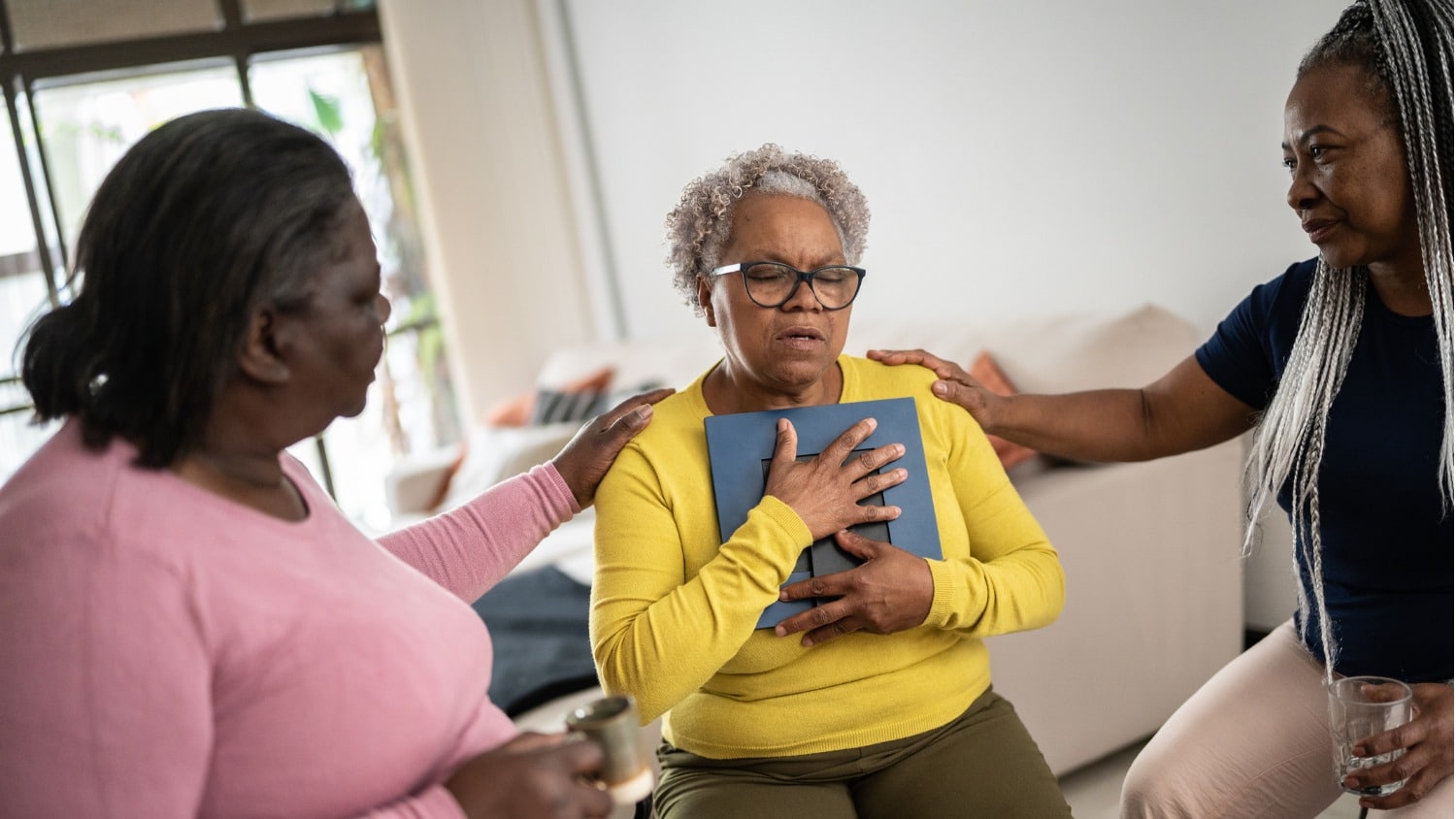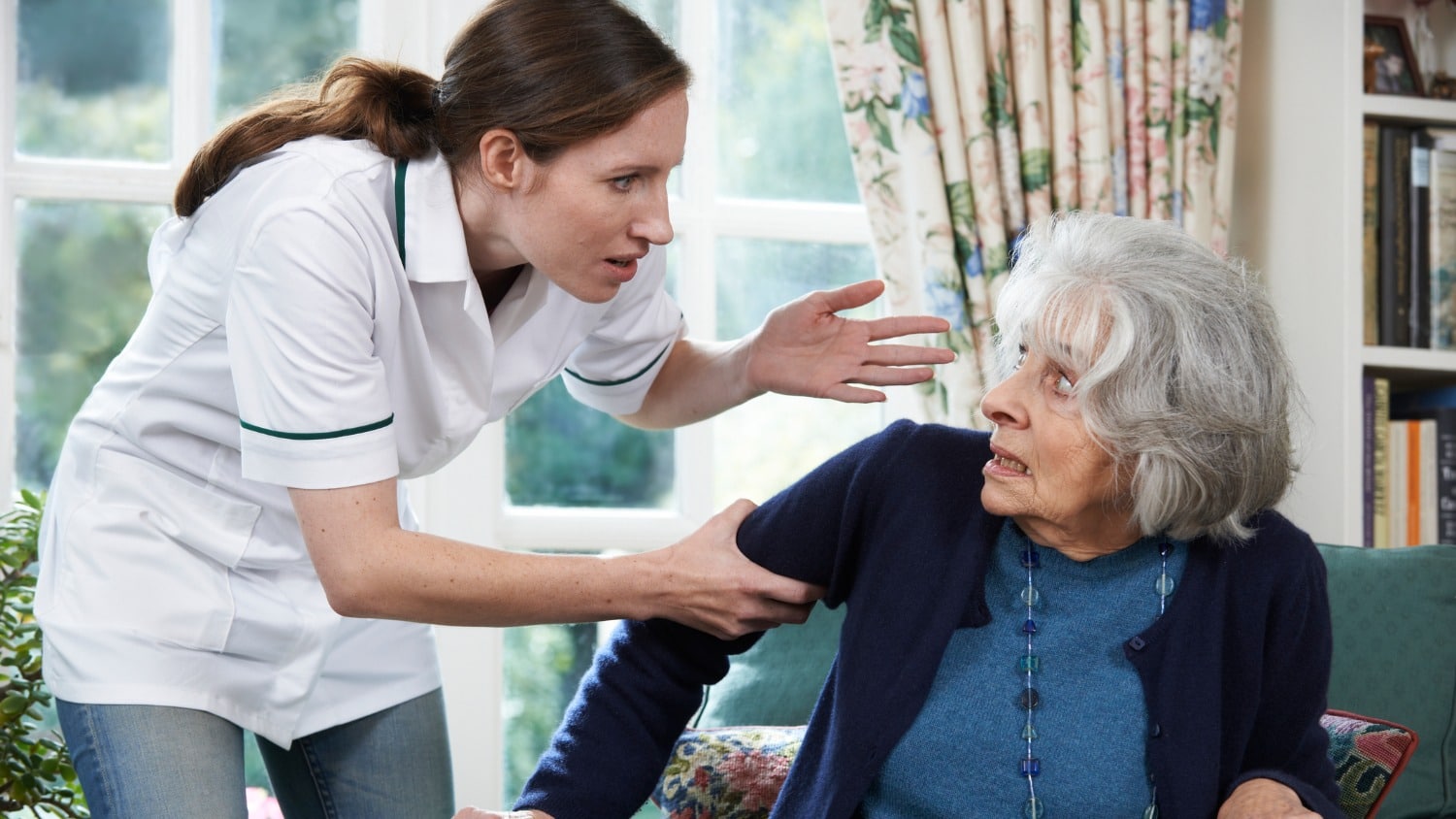[ad_1]
When I first started my Health and Financial Wellness (HFW) for Women group here in Phoenix about nine years ago, I asked the initial gathering of women which topics they would most want to learn more about. Most of the women attending were in their 60s and many were retired. The very first topic request was around what women need to know about widowhood and what they need to do before they lose their spouse.
What can we do now to make life easier for us later?
The Statistics
That request surprised me, but in light of the statistics, it really shouldn’t. 80% of married women will experience widowhood. 80% of married men die married. So it should be no surprise that 90% of all women will eventually be solely in charge of their household finances.
Private Fiduciary Services
Going forward, knowing what you have financially and how it all works became a common theme of our ongoing volunteer guest speakers, i.e., estate planning attorneys, financial advisors, and tax advisors. We most recently had a private fiduciary firm tell us about how a fiduciary service can serve as POA, executor, or successor trustee in place of naming a family member or friend in estate planning documents.
Three facts stood out to me in their presentation:
#1: The Arizona Stats
Shockingly, only 20% of Arizona residents have complete estate planning documents (will &/or trust, POAs for medical, mental health, and financial). And Arizona is a big retiree state!
#2: The Devil Is in the Detail
By that, she meant that the more specific written wishes can be, the better the family or fiduciary can assure that your wishes actually happen. Your “stuff” for example. Describe what and where an item is and name the person to receive it on your Personal Property Disposition List. Be detailed in what you want your funeral or celebration of life to look like and write it on your Final Disposition form.
#3: Importance of Being Organized
Being organized not only saves time, stress, and clarity but also money. When a fiduciary service, for example, has to spend time looking for your files and information (as a medical or financial POA or after death), those hours spent are also charged a fee. And if it’s a family member spending that time, hours of frustration and needless time spent can cause unhealthy stress for someone who is doing you a huge favor in serving in those roles in the first place.
One Way to Be Organized
The fiduciary firm suggested that being organized might mean having two binders. One binder with all of your estate planning documents in it. And the other binder holding important documents, i.e., account statements (one month suffices), marriage/divorce certificate, home and vehicle title, etc. I would add a Net Worth Summary to the second binder (think of it like an Asset Index since it details in one place what you own and what you owe).
Widows Speak Out
Last year I hosted a panel at one of my HFW meetings: two recent widows, an estate planning attorney, and a financial advisor (me). Part of my focus was asking the women to share the non-financial side of losing a spouse. Many single women in the audience nodded their heads as the discussion unfolded.
Nighttime Is the Most Difficult
One common theme was that nighttime was and is the most difficult time of the day. Panel and audience members shared numerous examples of working through that: calling a friend, attending evening events, going to dinner with friends, hobby activities, reading, walking with a neighbor, etc.
Friends Helping Friends
Friends wanting to help friends was also discussed: what not to say (vague, overly common offers like “let me know if I can help”) vs what to say (specific offers like “I would be glad to pick up groceries or help with your gardening or take you to your upcoming appointment?”); continuing to invite each other to activities (even couple activities you used to attend); and remembering it’s helpful to share memories about the lost spouse.
Grief Support
And grief support was another topic. As with everything in life, we are all different. Some women found organized groups like GriefShare helpful but others did not like it. Some preferred an individual counselor, others found formal or informal groups of widows, and still others read books and/or had individual conversations with a few friends/family members.
Two Fulfilling Lives
Over time, many women have become grateful for having had two fulfilling lives, as a couple and solo. I have found women to be wonderful at supporting and helping each other flourish. We have a lot in common and want to make a positive impact in our world. My hope for all of us is to keep our awareness of future life possibilities as a helpful guide to our reality and then resiliently adapt when life changes.
Let’s Have a Conversation:
What would you tell other women about widowhood? Was there something that would have or did make a difficult time at least a little less stressful, financially or otherwise? What have you learned from widows in your life? Let’s help each other with our discussion!
[ad_2]
Source link





